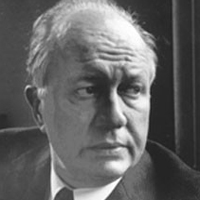To Althea, From Prison by Richard Lovelace: Summary and Analysis
'To Althea, From Prison' is written by Richard Lovelace in 1642. This is his one of the best known romantic poems which is especially famous for its final stanza's first line; 'Stone walls do not a prison make, Nor iron bars a cage.'








